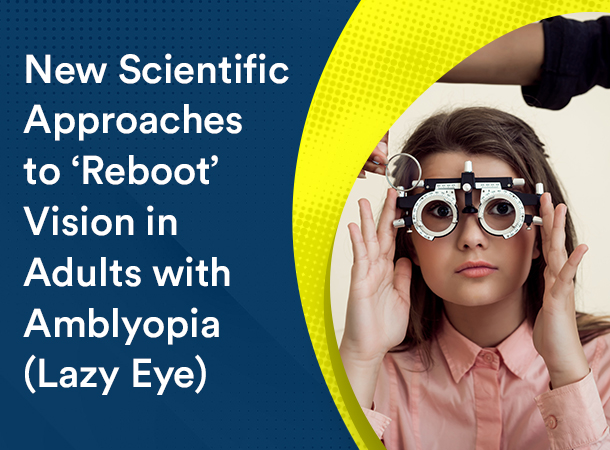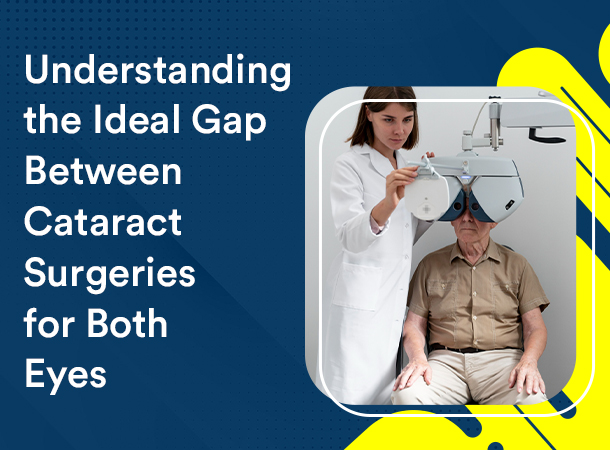
Choosing the right IOL is an essential part of cataract surgery. The lens type you select can affect your vision quality and the need for glasses after surgery.
Types of Intraocular Lenses (IOLs)
Choosing the right IOL is an essential part of cataract surgery. The lens type you select can affect your vision quality and the need for glasses after surgery.
Monofocal vs. Multifocal Lenses
Monofocal Lenses: These lenses provide clear vision at a single distance (near, intermediate, or far). They are the most commonly used and typically covered by insurance. However, you may still need glasses for reading or other activities.
Multifocal Lenses: These advanced lenses offer clear vision at multiple distances, reducing or even eliminating the need for glasses. They are a bit like having bifocals inside your eye, allowing you to see near, far, and everything in between.
Toric Lenses for Astigmatism
If you have astigmatism, toric lenses can correct this condition while also treating your cataracts. These lenses are specifically designed to improve overall vision quality, helping you see more clearly without additional corrective lenses.
The Cataract Surgery Procedure
Cataract surgery is typically an outpatient procedure, meaning you can go home the same day. The surgery itself usually takes less than 30 minutes, with minimal discomfort. Your surgeon will numb your eye, make a small incision, remove the cataract, and insert your new lens.
Recovery: What to Expect
Recovery from cataract surgery is generally smooth and quick. Most people notice improved vision within a few days, but complete healing can take up to 8 weeks. You’ll need to use prescribed eye drops to prevent infection and inflammation and avoid strenuous activities for a few weeks.
Comparing Surgery Options
Choosing between traditional and laser-assisted cataract surgery depends on several factors, including cost, eye health, and personal preference. Laser surgery offers more precision, but traditional surgery is highly effective and widely trusted.
Choosing the Right Surgeon
Your choice of surgeon plays a critical role in your surgery’s success. Look for a qualified, experienced ophthalmologist who is board-certified and has performed numerous cataract surgeries. Reading patient reviews and asking for recommendations can also help you find the right fit.
Risks and Complications
While cataract surgery is safe, no procedure is without risks. Potential complications include infection, bleeding, or lens dislocation. Fortunately, these are rare, and most issues can be treated effectively.
Conclusion
Cataract surgery can be a life-changing procedure, allowing you to see the world with renewed clarity. Whether you opt for traditional or laser-assisted surgery, understanding your options helps you make the best decision for your vision. Talk to your eye specialist to explore the options that best suit your needs.
FAQs
1. Is cataract surgery painful?
Cataract surgery is not painful. Most patients feel only slight pressure during the procedure, thanks to numbing eye drops.
2. How soon will I see results after cataract surgery?
Many people notice improved vision within a day or two, but full recovery and the best results can take a few weeks.
3. Can cataracts come back after surgery?
No, cataracts cannot return after surgery, but some people may experience cloudiness of the lens capsule, which can be treated with a quick laser procedure.
4. Will I still need glasses after cataract surgery?
It depends on the type of IOL used. Monofocal lenses often require glasses for reading, while multifocal lenses can reduce or eliminate the need for glasses.
5. How do I choose the best lens for cataract surgery?
Discuss your lifestyle and vision needs with your surgeon. They can recommend the best IOL based on your specific requirements.




